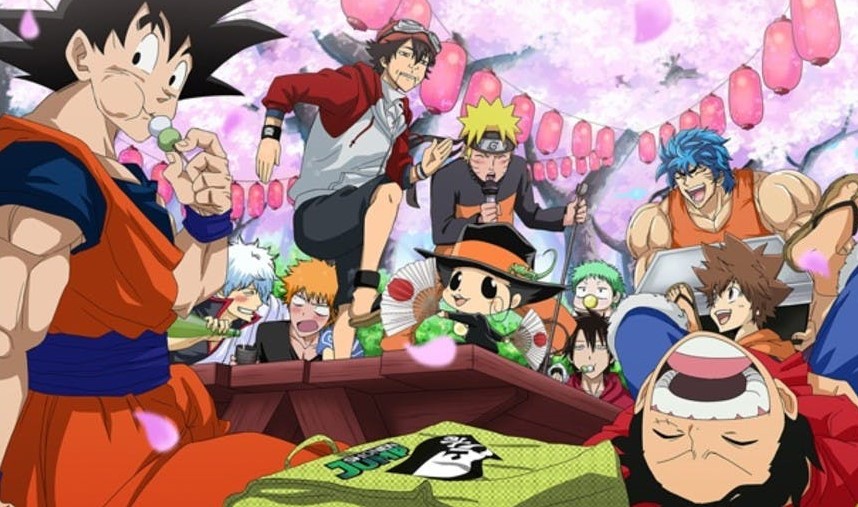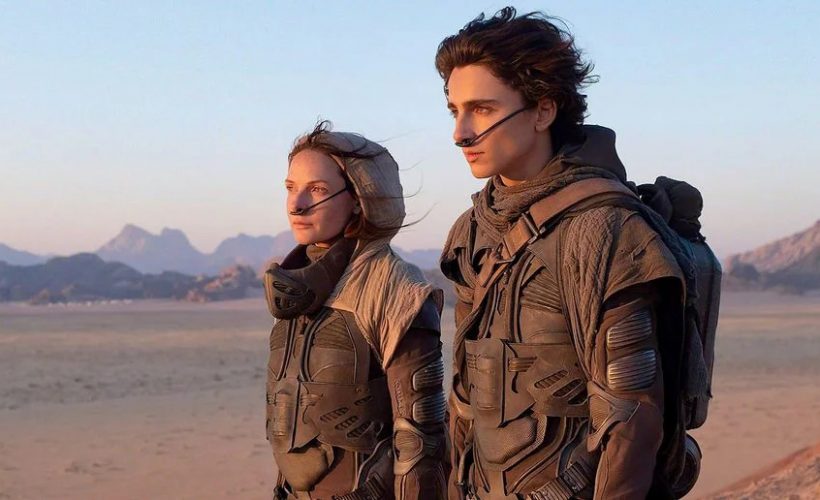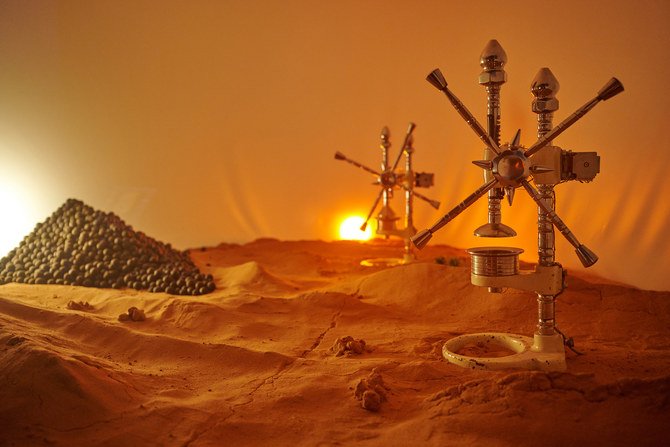Lifestyle
8.11.2021
When Japanese culture was a hit on Arab television

If Japanese culture is very popular today, especially literature with manga, or visual arts with anime and the famous Studio Ghibli productions, the 80s are considered the golden age of Japanese animation. These anime productions were very popular all around the world, and they were among the first to be dubbed in Arabic for the greatest pleasure of Middle Eastern millennials.
Worldwide famous animes
Captain Majid, the Arabic version of Olive & Tom aired in 1990. Inspired by the 1978 soccer cup held in Argentina, Takahashi Yôichi created one of the most popular cartoons of the time, both in Europe and the Middle East. We follow the main character, a young ambitious player dreaming of being the best footballer in the world, and his many games against often ruthless opponents. It is the most favorite anime in the Middle East!
His name is a tribute to Saudi footballer Abdullah Majed, who won the title of best Asian player for three years straight (1984, 1985 and 1986). Whether it is for his courage or his mythical kicking strength, Majid is in the hearts of every football fan.
Grendizer, another classic anime at the time (known to us as Goldorak), is very popular in the Middle East according to a YouGov poll. Broadcast on a Lebanese channel in 1980 – and then quickly in the whole region – the cartoon relates Duke Fleed’s adventures ,chased from his planet by an invasion, and Grendizer, his spaceship that can also change into a robot: they land on Mount Fuji, in Japan, and decide to protect the planet Earth.
If the shows we watched as children are most of the time associated with happy memories, Grendizer sometimes recalls a harsher reality for some: indeed in Lebanon or Kuwait, which suffered respectively from Syrian and Iraqi attacks, the war was present on television and right on the outside.

A touch of Eastern culture
Detective Conan was created in 1994 by Gōshō Aoyama and aired in 1998 : it follows the investigations of a young man trapped in a little boy’s body because of a mysterious poison. While the issued themes are quite suitable, the dubbing studios made the decision to change Conan’s “girlfriend”, Yumi, into a “fiancée”, and the alcoholic drinks into simple “drinks”; also some scenes that were considered too graphic were censored: a way of adapting children’s cartoons to the education and beliefs that were taught, while observing a certain decency.
Dragon Ball Z is probably one of the most famous Japanese animation series: it was first shown on Arab screens in the 90s and tells the story of Sangoku and his friends in their quest for the crystal balls and their learning to combat. A slight adaptation was made by the dubbing studios on the source of power of the 7 crystal balls, supposed to grant the wish of the one who gathers them all: the dragon Shenron is portrayed as a force of nature and not as a divine being. Also the inappropriate scenes are removed: the Arabic version thus fits very well with the culture of the time and is a wholesome entertainment for the youth.
Special mention
Although it was broadcast later on Arab television in the early 2000s, the Pokémon phenomenon was dubbed in Arabic to the delight of young viewers and is still one of the most popular today. It features Pikachu and Ash (for Sacha) working up the ranks of the many Pokémon leagues. Although the subject of controversy, the show and its spin-offs soon returned to the market, and it is the second most popular anime in the Middle East, according to a YouGov poll.
Anyway, we can assure you that we are still trying to (catch) watch them all.
popular

